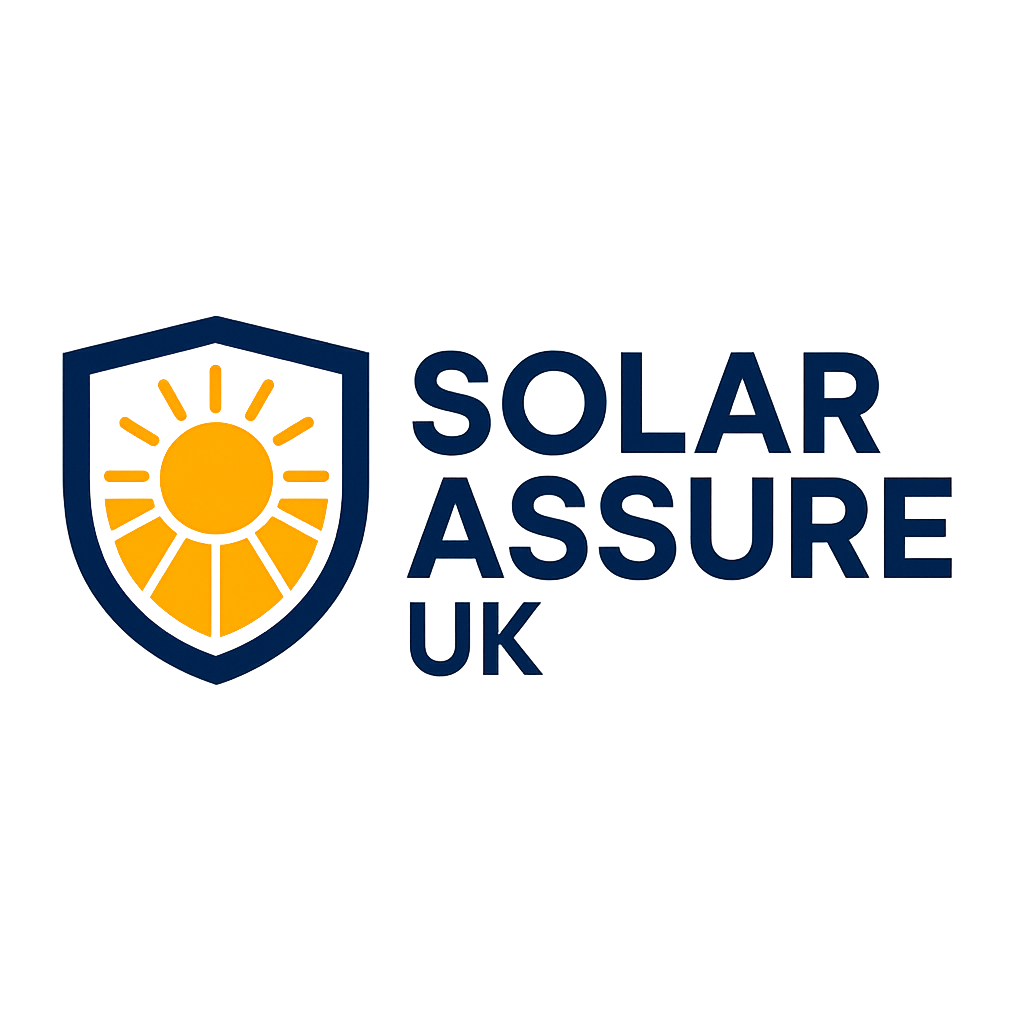It may seem convenient, but using ordinary tap water to wash solar panels can cause hidden problems. Tap water often contains dissolved minerals and salts which leave behind streaks and deposits when they dry on the glass. These residues scatter sunlight and permanently reduce panel efficiency. Cleaning professionals warn that tap water “is not up to the task” of washing panels cleansoftwashinguk.co.uk.
- Mineral Streaks: After cleaning with tap water, you may notice whitish spots or streaks on the panel surface. This thin layer of minerals acts like a film blocking sunlight. Over time it builds up and cuts power output.
- Corrosion: If your water has high chlorine or salt content (common in coastal areas), these can corrode frames and fittings over time.
- Effective Alternatives: Soft washers use purified or collected rainwater to avoid these issues. Checkatrade specifically recommends using harvested rainwater instead of tap water, noting that rain will “leave less residue” on panelscheckatrade.com. Rainwater is naturally soft and free of added chemicals.
Image: Close-up of a solar panel with visible water streak marks from hard tap water. Alt text: “White mineral streaks on a solar panel surface from cleaning with tap water.”
If tap water is all you have, ensure the panel is squeegeed or wiped dry after washing to minimize spotting. However, the best approach is to use a water-fed pole with a filter or to collect rainwater in advance. Professional cleaners typically avoid tap water for this reason.
Call to Action: Protect your panels by avoiding tap water. Book a cleaning with a UKSPCA-certified cleaner who uses purified water (soft washing) to get your panels crystal clear. Use our Find a Cleaner tool to locate experts near you.
